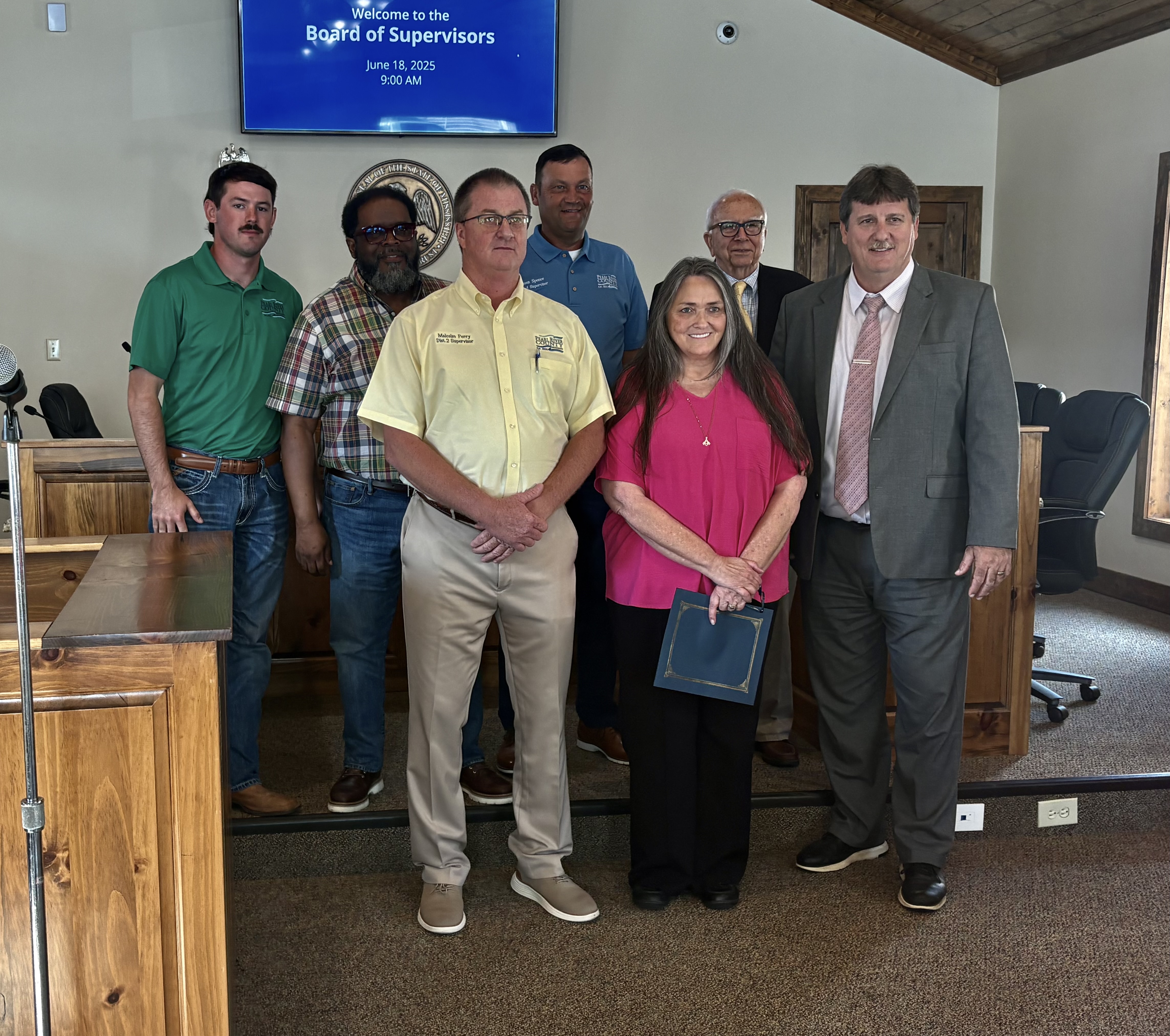MASS unveils agenda for 2016 session
Published 7:00 am Friday, January 15, 2016

FOR THE CHILDREN: Poplarville Superintendent Carl Merritt discusses the proposed legislative agenda of the Mississippi Association of School Superintendents.
Photo by Cassandra Favre
Wednesday, for the first time in their 30 plus years existence, the Mississippi Association of School Superintendents announced their proposed legislative priorities for 2016.
This year, MASS wanted communities, teachers, parents, businesses and everyone who’s responsible for educating the children to know the group’s intentions, Poplarville Superintendent and MASS Vice-President Carl Merritt said Thursday. After serving a one-year term as vice-president, Merritt will become MASS president for the 2016-2017 school year.
According to a MASS release, the organization includes 144 public school superintendents in Mississippi. The Alliance of Educational Leaders of Mississippi is made of more than 2000 public administrators and teachers whose superintendents are members of MASS.
MASS believes that “every child in the state deserves an educational experience enriched by a quality teacher in a learning environment with the instructional resources and technology needed for instructional resources and technology needed for instruction,” the release states.
“During the summer conference, we meet with MASS Executive Director Sam Bounds and communicate with districts regarding what things need to be addressed in their schools,” Merritt said. “At the end, we take 20 issues and prioritize them and come up with the five most critical areas to be addressed on the legislative agenda and with policymakers.”
This year’s priorities include:
–– Increasing student achievement across the state.
–– Providing quality teachers, principals and superintendents in each district.
–– Improving facilities and infrastructures.
–– Securing funding for the necessary operation of public schools.
In the release, MASS suggests numerous avenues of achieving these objectives including, strengthening early learning collaborative opportunities, continuing a statewide literacy campaign, expanding programs to attract teachers to critical need areas, insuring the soundness of the Public Employees’ Retirement System (PERS), providing security upgrades to schools, developing a plan to furnish funding to districts that need space for early childhood education programs, exploring opportunities to ensure that all students have access to a technological device for instructional purposes and promoting the development of a comprehensive PreK-12 curriculum that addressed the technology skills students need to be successful in the future.
“Our intentions and efforts are for the best of the children,” Merritt said. “We communicate with policymakers and give them an idea of the support and resources we need provided. We’re always trying to improve education.”
Merritt said one of the major concerns expressed by school leaders is improving the state’s 50th placement in the nation when it comes to education.
“No one group can reach a level of success without backing,” Merritt said. “As for me, I’m going to concentrate on where I want to be tomorrow and move as quickly and efficiently as I possibly can.”





